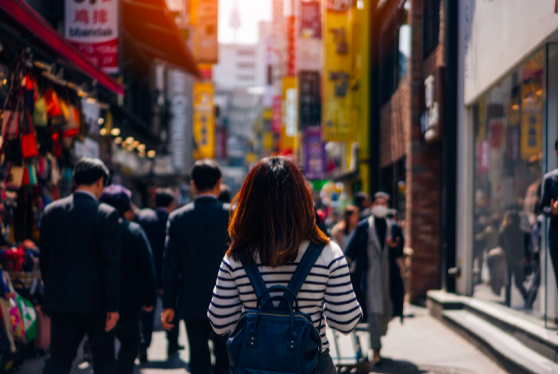As technology, educational endeavors, and job opportunities reach further into the global community, it is becoming increasingly important to guide our children on how to engage with the world. The past two years have highlighted this sentiment in two very different, yet equally significant, ways. A pandemic is a global health crisis requiring collaboration across borders, especially medical providers and researchers supporting one another. Second, diversity, equity, and inclusion continue to be a struggle for humans to understand and apply in a meaningful way in all nations.
Before being able to educate our children on the world at large, we must be willing to reflect on our community and see the ways in which we can continue to grow. We are the “United” States of America, founded by individuals who came here either to seek refuge from persecution, seeking opportunities, or to expand wealth. I use the term United loosely because we have never been a united country even after the Civil War. Over time we tried to create one American identity by encouraging immigrants to acculturate and embrace the American ideal, way of life, and culture.
However, that was unsuccessful because there is no one agreed upon or easily defined American ideal or culture as everyone sees this country as representing something different for them. As a result, for years we have existed in our silos where we feel safe, surrounded by those that look, feel, believe, and act the way we do.
Pause and reflect on your community. What do you notice?
Technology is one of the main reasons those barriers are beginning to break, as we can now see into each other’s communities. The shadow effect of walls coming down is that it has led to a clashing of cultures. Living in those silos we didn’t talk about the people who were beyond those walls or, if we did, we may have been taught to talk in an us versus them mentality. It’s in our biology to create an in-group versus out-group schema as a means of survival and protection. The beauty of being a higher order thinking being is that we can learn to think beyond our biological instincts and see the downside of this behavior. We can see that by opening ourselves up to the other we can grow in our knowledge and our abilities. We can find solutions to hard problems. We can come together to support one another, not just in times of crisis.
Through the internet, we have jump-started the process of globalization and opened our world to far reaching places. A researcher in India and a researcher in Nigeria can easily learn from one another to find better treatments of cancer. Those communities can engage with one another in a way that could bring the world to a new level. Globalization is a reality. As parents and educators, we have the obligation to prepare our children for the walls of the silos to come down, so they can be understanding and tolerant of those who aren’t like them to learn and grow with them.
We must start this conversation with our children at a young age. We start by teaching them to listen to other’s perspectives, not to debate or to convince them otherwise, but to understand their why and to find a common ground, common goal. We start by reflecting on our communities to see how many people we bring into our children’s world that is different than us. We start by diversity being interwoven in all aspects of how we live on a daily. Think beyond diversity in terms of race, ethnicity, religion, gender, and nationality and also include lived experiences, regional cultures, family dynamics, education, values, and general beliefs. There is a fight against the tide of the walls coming down which is creating chaos, you have the power to teach children acceptance and prepare them to succeed on a global scale.

